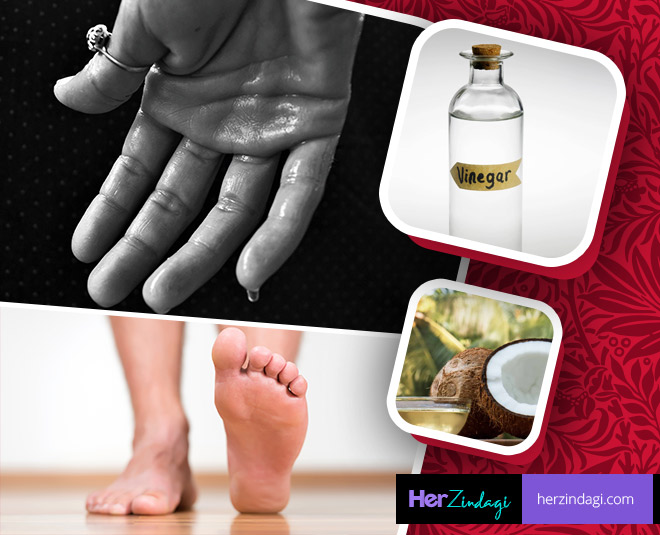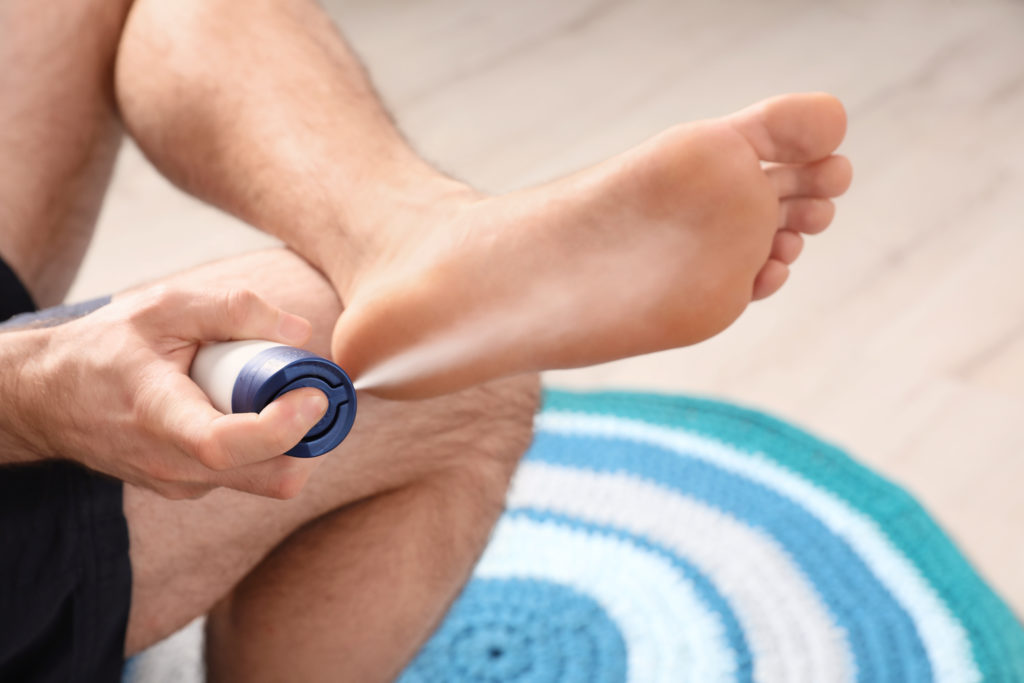How to Stop Sweaty Hands: Expert Dermatology Advice for Handling Excessive Sweating
How to Stop Sweaty Hands: Expert Dermatology Advice for Handling Excessive Sweating
Blog Article
Understanding the Origin Causes of Excessive Sweating and Its Impact on Every Day Life
Extreme sweating, likewise understood as hyperhidrosis, is a problem that influences a significant portion of the populace, yet its underlying causes and effects on everyday functioning remain somewhat enigmatic. While it is frequently recognized as a physical reaction to control body temperature, the triggers for too much sweating can differ extensively amongst people, encompassing not just physical factors however emotional and also emotional elements. In addition, the influence of this problem prolongs beyond mere discomfort, typically influencing social interactions and overall high quality of life. By diving right into the origin of hyperhidrosis and exploring its multifaceted effects, a much deeper understanding of this prevalent problem can be acquired, dropping light on the intricacies that individuals coming to grips with extreme sweating browse each day.
Physiology of Sweat Glands
The regulation of sweat manufacturing, an essential physiological process, is mostly controlled by the task of sweat glands distributed throughout the human body. Gland are classified right into 2 major types: eccrine and apocrine glands. Eccrine glands are one of the most countless and are found in mostly all locations of the body. They play an important role in thermoregulation by producing a watery fluid onto the skin's surface, which vaporizes and helps cool down the body down. On the other hand, apocrine glands are focused in areas abundant in hair roots, such as the armpits and groin, and their secretions are thicker and milklike in appearance.
When the body temperature rises, either due to exercise, high temperatures, or emotional stress and anxiety, the worried system causes the gland to produce sweat. This sweat is made up largely of water and electrolytes like salt and chloride. The process of sweat manufacturing is necessary for preserving the body's interior temperature level within a narrow, ideal range, highlighting the essential duty gland play in human physiology.
Triggers for Excessive Sweating
In understanding the root triggers of excessive sweating, it is crucial to determine the triggers that can cause this physical reaction. Too much sweating, likewise referred to as hyperhidrosis, can be triggered by different factors, both ecological and physical. One typical trigger is emotional stress or anxiousness, which can promote the body's sweat glands to create more sweat than is required for cooling down. Physical exertion, heats, and spicy foods are also recognized to cause excessive sweating in individuals vulnerable to this condition. Additionally, particular clinical problems like hyperthyroidism, diabetic issues, or menopause can contribute to extreme sweating too.
Furthermore, drugs such as some antidepressants, opioids, and particular supplements can likewise work as triggers for hyperhidrosis. Understanding these triggers is essential in managing excessive sweating successfully - Treatment for hyperhydrosis of hands. By recognizing and dealing with the details triggers that prompt excessive sweating in a private, medical care suppliers can create tailored treatment strategies to alleviate this problem and enhance the person's lifestyle
Medical Conditions Associated
Related to excessive sweating are various medical conditions that can worsen this physical reaction. One common condition is hyperhidrosis, a disorder identified by unusually enhanced sweating that exceeds the body's thermoregulatory needs. This can show up in focal locations like the hands, soles, underarms, or face, influencing a person's lifestyle as a result of social shame and discomfort.
Furthermore, endocrine conditions such as hyperthyroidism, diabetes mellitus, and menopausal hot flashes can also lead to too much sweating. Hyperthyroidism creates an overproduction of thyroid hormones, speeding up metabolic process and setting off sweating.
Moreover, infections like tuberculosis, endocarditis, and hiv have been related to night sweats, an usual sign recognized to interrupt sleep and impact total well-being. These clinical problems her explanation highlight the varied variety of underlying variables that can add to excessive sweating, requiring complete assessment and monitoring by healthcare professionals.
Psychological and Emotional Aspects

Impact on Social Communications
Excessive sweating can have extensive effects on an individual's capacity to engage comfortably in social communications. The visible indicators of sweat spots or damp patches on clothing can bring about humiliation and self-consciousness, creating individuals to withdraw from social circumstances. This withdrawal can impact partnerships, limit social tasks, and impede individual and expert development.

In addition, the anxiousness and self-worth issues originating from too much sweating can influence interaction and social abilities. Individuals may struggle to concentrate on conversations, take part in group activities, or express themselves confidently. This can bring about feelings of isolation and loneliness, as social links end up being testing to preserve.
Conclusion

While it is generally recognized as a physical response to regulate body temperature level, the triggers for excessive sweating can vary extensively amongst people, incorporating not only physical elements however likewise emotional and mental elements. By diving into the root causes of hyperhidrosis and discovering its complex results, a much deeper understanding of this prevalent problem can be acquired, dropping light on the complexities that people grappling with excessive sweating navigate on a day-to-day basis.
Physical exertion, high temperature levels, and spicy foods are also recognized to cause too much sweating in individuals prone to this problem. By identifying and addressing the details triggers that prompt excessive sweating in a private, healthcare service providers can create individualized treatment strategies to alleviate this condition and boost the person's quality of life.
Excessive sweating can have profound impacts on a person's capacity to go to the website engage comfortably in social communications.
Report this page